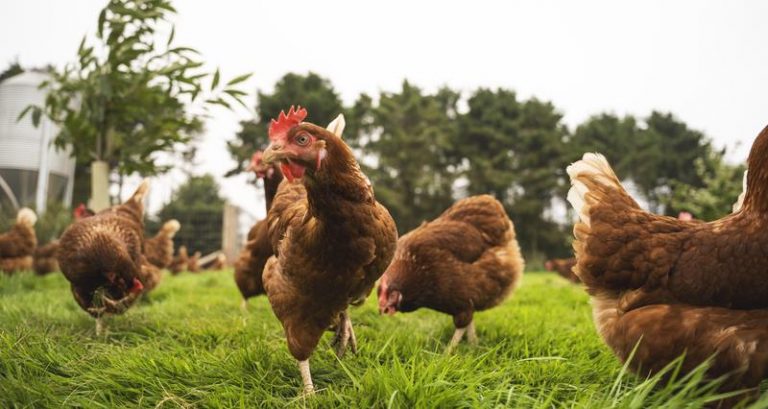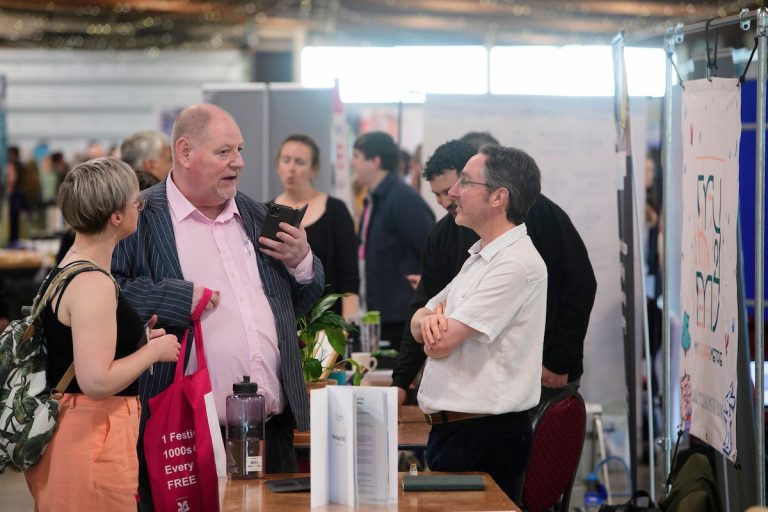Peter Watson and Bradley McKenny, former Directors of Distract, have sold the digital marketing agency to Steve Bryant, founder and Managing Director of Umbrella Brands Group, behind affiliate marketing agency Thoughtmix.
As an old friend of Watson and McKenny, Bryant’s interest in Distract’s journey has always been more than just professional curiosity. Over time, he witnessed the agency’s growth, direction and potential. When the pair decided to sell the business to focus on new areas, Bryant was a natural fit to lead the next phase of its development with a clear vision for Distract’s future.
Having established Thoughtmix in 2015, Bryant has many years of experience scaling an agency and delivering partnerships that grow businesses worldwide.
Bryant’s portfolio includes working with brands such as cardfactory, National Express, and The Couture Club, and he is now ready to pass on his knowledge and expertise to help Distract grow and excel further.
Assuming the role of Managing Director, Bryant has exciting plans for Distract, redefining and consolidating its offering. Recognising the team’s strengths in paid advertising, Distract will become a specialist paid media agency.
He will work closely with Stephanie Henderson, the commercial and strategy lead, and Hannah Langton, the delivery lead, to implement the new business strategy and tactics.
Bryant is looking to focus Distract’s services on the B2C E-commerce, B2B and Education sectors.Bryant said: “I’m excited to lead Distract into its next phase of growth and development. The team deliver some exceptional results for its Clients, and I’m delighted to have been welcomed in to harness their skills and expertise.”
Stephanie added: “It’s a really exciting time for Distract. Steve brings a host of knowledge from his experience growing Thoughtmix to one of the largest agencies within the affiliate space. The offerings from both separate agencies complement each other really well and offer the potential for some really unique collaborations.”
Hannah said: “Steve’s approach to Distract and the direction he has presented have been very refreshing and give us a clear plan for the future. His experience in affiliate marketing has given the team a new perspective, and we’re all looking forward to the changes being made and the relationship with Steve and Thoughtmix.”












